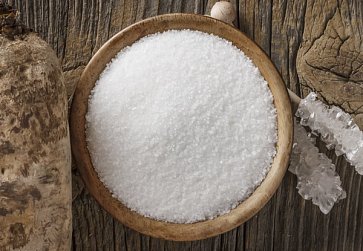News
6 March 2015
Response to World Health Organisation’s Sugars Intake for Adult and Children Guideline

Published on 4 March 2015, a new World Health Organisation guideline recommends adults and children reduce their daily intake of free sugars to less than 10% of their total energy intake.
Katharine Teague, Head of Advocacy, AB Sugar
"Globally, the World Health Organisation’s recommendation is that intake of sugars is less than 10% of total energy from what they refer to as 'free sugars' ".
"It is important to remember, however, there is no silver bullet when it comes to tackling obesity. While it is up to individual governments to decide how to implement today’s recommendations, we would urge policy-makers to be mindful of the unintended consequences of focusing on one ingredient in isolation. We welcome the opportunity to review and understand in more detail the scientific evidence used to develop these new guidelines. It appears for both recommendations ‘moderate’ and ‘very low quality’ evidence has been used in the process respectively."
"We also want to ensure that consumers are not further confused about their daily sugars intake, particularly when the guidelines released today would mean drinking anything more than glass 150ml of orange juice and a low fat fruit yogurt at breakfast time would take you over your limit.[1]"
"What’s required is collaborative action to find real and workable solutions to the obesity crisis. We are committed to playing our part."
Julian Cooper, Head of Food Science, AB Sugar
"Globally, the World Health Organisation’s recommendation is that intake of sugars is less than 10% of total energy from what they refer to as 'free sugars' ".
"We have the greatest respect for the World Health Organisation’s commitment to science and evidence-based policy making and its leadership on global health matters. However, we are surprised to learn from today’s announcement that the draft recommendations (issued in March 2014) - less than 10% recommendation and 5% (conditional) recommendation - have been upheld. We welcome the opportunity to review and understand in more detail the scientific evidence used to develop these new guidelines. It appears for both recommendations ‘moderate’ and ‘very low quality’ evidence has been used in the process respectively.[2]"
"It’s important to note that sugars are not ‘hidden’ in food and beverages in the UK. There are clear European food laws which ensure all ‘total sugars’ are labelled within the nutritional information to help inform and educate consumers of what is contained within their foods and drinks."















